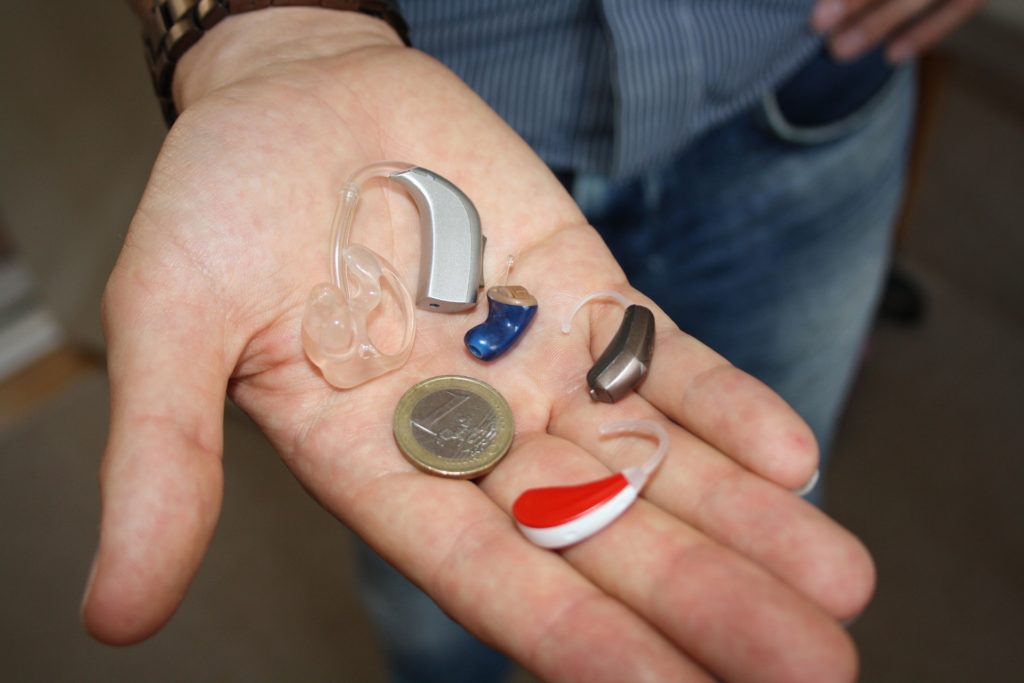 Quality medical care requires communication: patients need to explain their issues fully to physicians, and must be able to hear treatment instructions provided to them.
Quality medical care requires communication: patients need to explain their issues fully to physicians, and must be able to hear treatment instructions provided to them.
Elderly patients who suffer hearing loss, however, are often unable to hear everything that is said to them by doctors and nurses, which can impact their overall medical care. This is something that doctors and nurses throughout New York should keep in mind as they care for their patients. Failure to do so may open them up to medical malpractice claims, especially if they know the patient suffers from reduced hearing.
Hearing Loss and Healthcare
Research has shown that effective communication between doctors, nurses, patients, and their families can prevent one-third of medical errors. Patients need to be able to express what they are experiencing to their medical professionals. Doctors and nurses need to properly respond and make sure their patients understand them. Yet, about two-fifths of elderly patients have reported mishearing what a doctor or nurse says to them. If a patient with hearing loss cannot understand what a doctor says, then the risk of medical errors greatly increases.
What Can Be Done?
The simplest solution to this issue, of course, is the use of hearing aids to help with better communication. It is not enough for a doctor to simply talk louder since hearing loss often involves difficulty separating speech from background sounds. This is why a hearing aid device is so helpful, since they are designed for this specific purpose.
The problem is that they are quite expensive, and medical insurance does not always cover the cost, even though hearing aids can greatly improve a person’s lifestyle and medical treatment through better communication.
Liability for Miscommunication
When a miscommunication does occur, which results in a medical error, there is the question of who is at fault. This is very difficult to establish, which is why you should always have an experienced lawyer by your side in any kind of medical malpractice case.
If a doctor knows that a patient has hearing difficulty, then he or she should ensure communication is clear in both directions to make sure foreseeable mistakes are avoided. If you believe a medical professional has caused you avoidable injuries, then call us at Wingate, Russotti, Shapiro, Moses & Halperin, LLP, at (212) 986-7353.